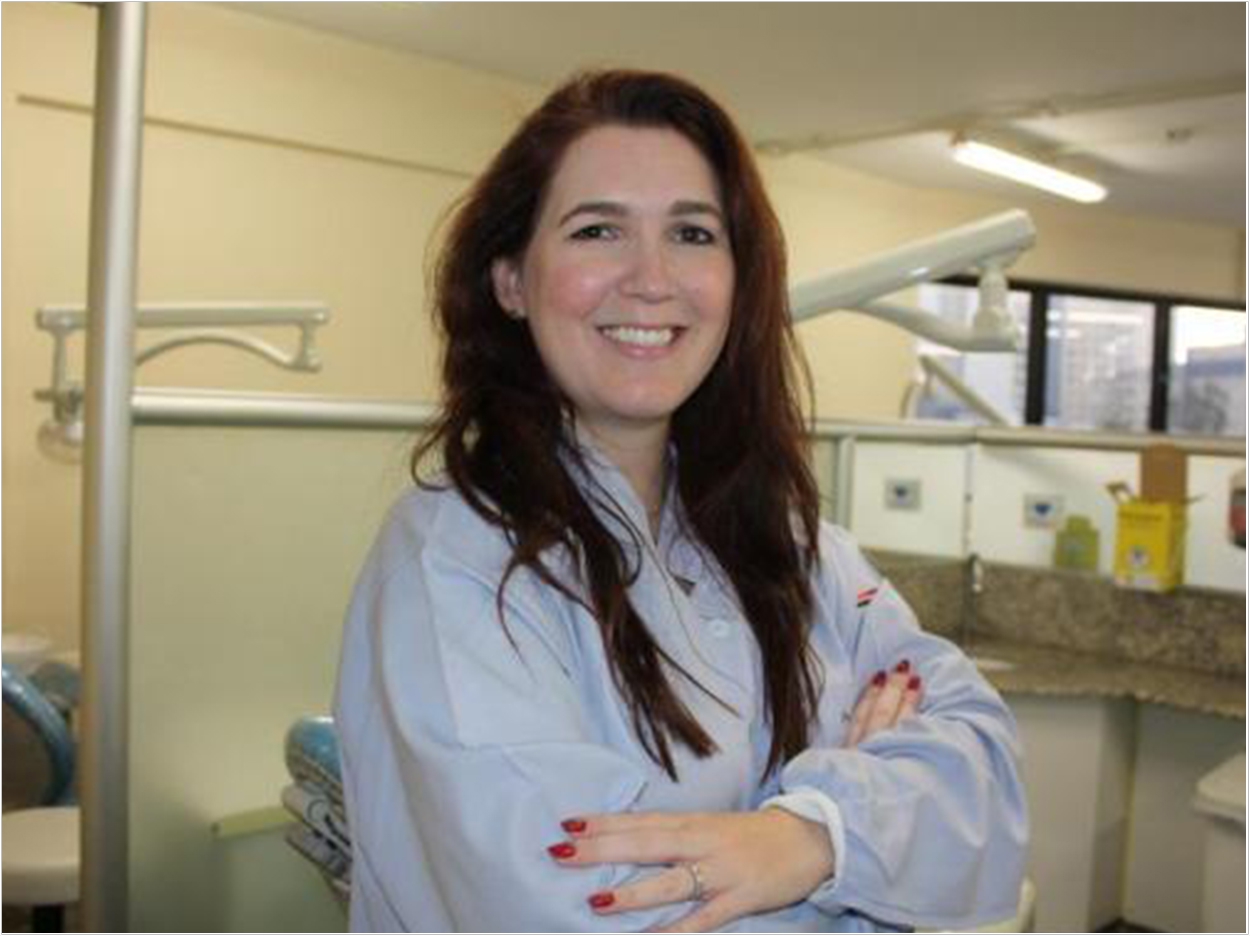
Saliva researcher Débora Heller, PhD, knew it was time to get to work when the COVID-19 pandemic began to take shape in February 2020.
“I called all of my students and said, ‘Look, we need to help out,’” said Heller, an assistant professor at the Universidade Cruzeiro do Sul in Brazil and a visiting researcher at Hospital Israelita Albert Einstein who monitors predoctoral and postdoctoral students.
“We’re researchers and we’re dentists,” she said. “We work with saliva. We know from past experience that we can diagnose respiratory [illnesses] in saliva.”
A saliva test for COVID-19 would be preferable to nasopharyngeal swabs for several reasons, she said. Saliva tests would be safer since they could be done anywhere by anyone without supervision by a health professional, freeing up personal protective equipment, Heller said. Also, saliva tests would be more comfortable since they wouldn’t include nasal swabbing.
Heller and her students mobilized, collecting saliva from patients with the virus and started a literature review.
“All of us researchers around the globe are working to fight this pandemic,” Heller said. “We want to help, so we want to publish as fast as we can so we can share the data.”
According to Heller and her colleagues, 28 studies have investigated the presence of SARS-CoV-2 RNA in saliva, and several confirmed reliable detection of the virus in the saliva of patients with COVID-19.
Heller and her colleagues also are doing their own research with saliva obtained from patients who have tested positive for COVID-19.
“We’re showing similar results that we can detect the virus in saliva. That detection is reliable, and we have started working with antibody detection in saliva,” she said.
Detecting the virus in saliva means that salivary tests where an individual spits into a sterile tube could soon become the new normal.
“Those of us who work with saliva, we always say that saliva makes the diagnosis accessible,” Heller said. “It gives the opportunity for people who live far away, who cannot go to the hospital to get tested, or places that don’t have health professionals, to get tested.”
An alumnae of the Boston University Henry M. Goldman School of Dental Medicine (GSDM), Heller credited her advisor, Frank Oppenheim, emeritus professor of translational dental medicine, for her skill at understanding saliva and its uses. Heller was a PhD student in oral biology from 2011 to 2016 at GSDM.
“[There are] not many of us in the world that are trained to understand and manipulate oral fluid,” she said. “I’m so grateful I was trained by Dr. Oppenheim, the greatest pioneer in saliva research, to have this training, to understand this oral fluid, and to be able to apply it.”
In addition to the literature review and ongoing research, Heller has been involved with two other studies, one determining whether there is a mouthwash on the market that reduces the viral load in saliva, and one evaluating the economic and psychological impact of the pandemic on dentists based in her home state of Sao Paolo in Brazil, which has more than 90,000 registered dentists.
In the future, Heller, who also is an adjunct professor at the University of Texas Health Sciences San Antonio School of Dentistry, said that she hopes to see a rapid saliva-based test developed, which she thinks will help test more people quickly.
“I’m hopeful that saliva will be key to test as many people as possible,” she said, “to bring back our economy, our lives, and as close to normalcy as possible.”
Related Articles
Dental School to Develop COVID-19 Saliva Test
UCLA School of Dentistry to Develop Saliva-Based COVID-19 Test
Rutgers to Study Impact of COVID-19 Testing in Dental Practices












